Mumbai | The long-delayed trial of Zabiuddin Ansari, also known as Abu Jundal, who allegedly trained the ten terrorists involved in the 26/11 Mumbai attacks in Hindi and local behavior, is set to resume after the Bombay High Court annulled a previous court order that required authorities to provide confidential documents to the accused.
Justice R N Laddha’s bench accepted the petition filed by the Delhi Police, the Ministry of Civil Aviation, and the Ministry of External Affairs, which had challenged the 2018 directive from the trial court. That order had instructed them to hand over certain classified documents requested by Ansari, putting the proceedings on hold for several years.
Government Challenge and Court’s Decision
The trial had remained suspended since 2018 as the authorities awaited a ruling on their petition. Solicitor General Tushar Mehta, representing the central government, argued that the trial court’s decision was legally flawed and should be overturned. The High Court agreed with this argument, allowing the case to move forward after a long pause.
Role of Ansari in the 26/11 Mumbai Terror Attacks
Ansari has been accused of playing a key operational role in the November 26, 2008 Mumbai attacks, which killed 166 people, including several foreigners. Investigators claim he not only helped plan the operation but also trained the Pakistani terrorists in Hindi and familiarized them with Mumbai’s geography so they could blend in easily.
The attackers arrived in Mumbai from the Arabian Sea, heavily armed, and unleashed a three-day siege across multiple locations. The only terrorist captured alive, Ajmal Kasab, was tried and executed in 2012 following his conviction by a special court.
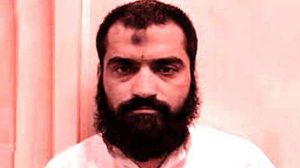
Ansari’s Arrest and Legal History
Ansari had claimed he was arrested in Saudi Arabia before being deported to India, and had requested specific documents from the Mumbai special court to support his argument. In 2018, the court granted his plea, but the authorities objected and sought relief from the High Court, which has now quashed the earlier order.
The Delhi Police Special Cell maintains that Ansari, a Lashkar-e-Taiba member, was apprehended near Delhi airport. His name had also surfaced in intercepted communications from a Karachi-based control room that coordinated the 26/11 attacks.
Ansari was previously sentenced to life imprisonment in 2016 by a Maharashtra Control of Organised Crime Act (MCOCA) court for his involvement in the 2006 Aurangabad arms haul case. He had earlier escaped police custody, traveled to Bangladesh, and fled to Pakistan before being tracked down in Saudi Arabia. DNA tests matched his identity through samples taken from his family in Beed, Maharashtra, leading to his deportation to India in June 2012.
During interrogation, Ansari reportedly revealed details about his interactions with senior Lashkar commanders, including its founder Hafiz Saeed, and their efforts to expand recruitment through online networks.

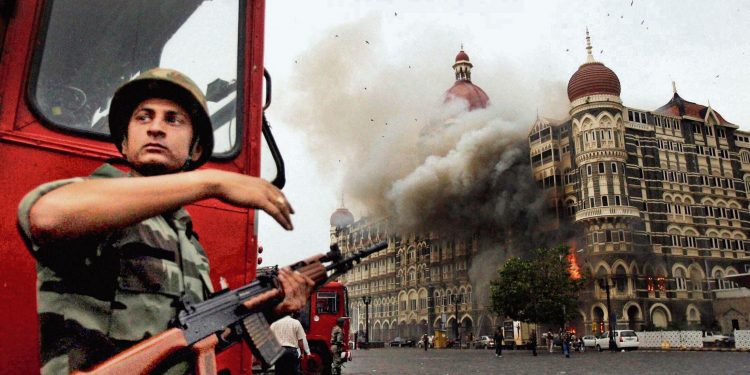

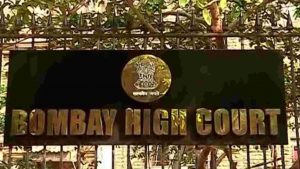
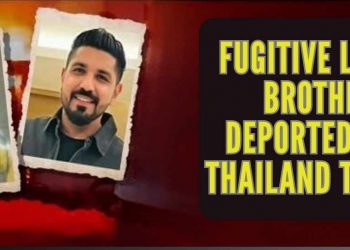

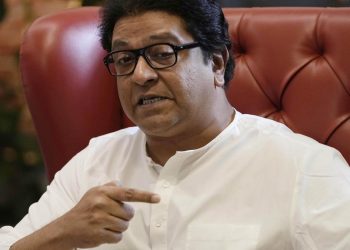
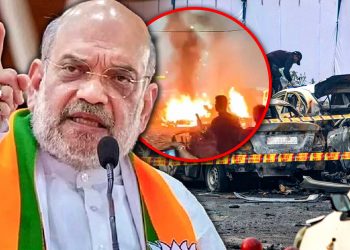
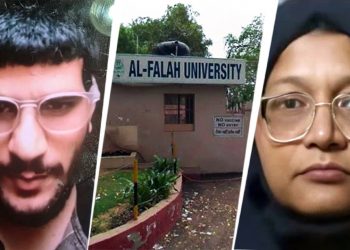




Discussion about this post